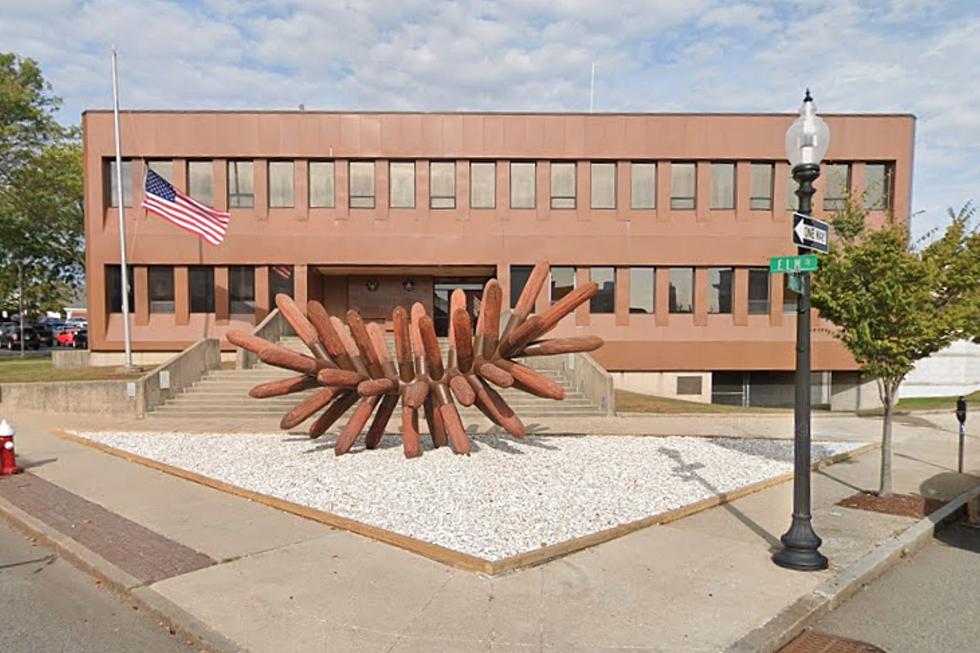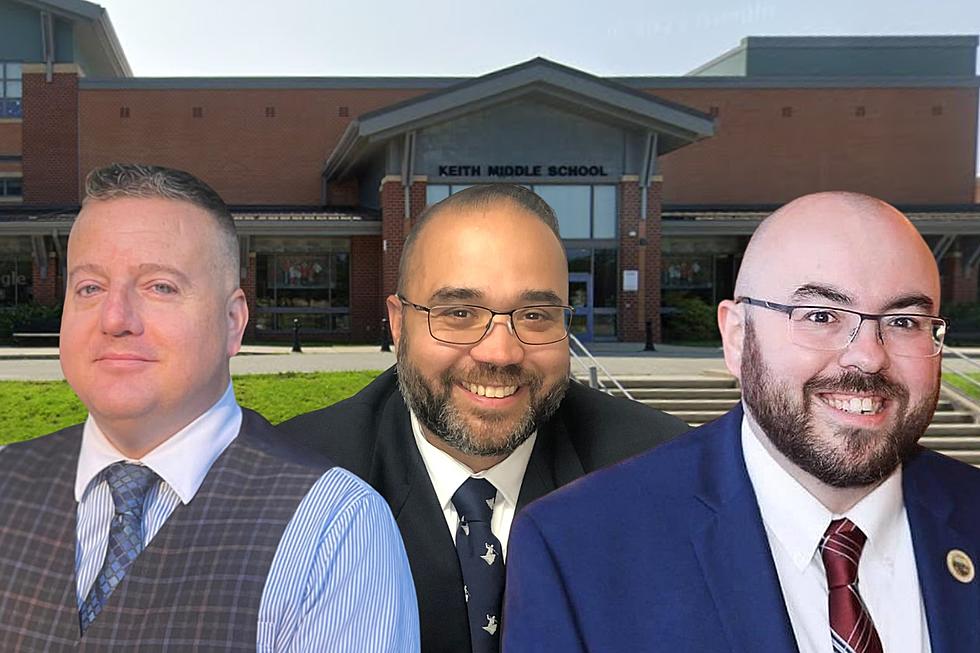
After Setting Record Tax Rate, New Bedford City Council Suggests Budget Reform
New Bedford City Councilors say they want to be more involved in the city's budget process and listed some possible reform measures Tuesday evening.
On Monday, the City Council voted 9-2 in favor of a 2016 tax factor of 175, the lowest possible burden for homeowners and highest for business owners. On Tuesday, councilors said they had no other choice given the cost of the FY16 budget.
Most councilors admitted it was one of the hardest votes they've had to make, but no vote would have resulted in a flat, single tax rate that would have placed an even greater burden on residents.
Ward 6 Councilor Joseph Lopes and Ward 2 Councilor Steven Martins filed three late file motions related to Monday night's vote during Tuesday's meeting.
A motion asking for Mayor Jon Mitchell to veto the Council's decision on the tax factor and supply the Council with alternative spending plans for FY16 was passed unanimously.
"It was voted unanimously here today that the mayor go back to the drawing table and share his plans with us about what is Plan A, B and C," Martins said. "What are those cuts that could possibly be made to give some type of tax relief, whatever that tax relief is, for our constituents?"
Lopes introduced a related motion asking the discussion period on the FY17 budget to begin three months earlier in order for the Council to get on the same page with the Mayor's Office and city department heads.
"It'd be nice to know, in advance, what the rationale behind certain things are and why certain things weren't built into the budget in advance," Lopes said.
The third motion related to taking a closer look at the increase in anticipated property tax revenue for 2016.
Keeping with the idea of reform, Ward 1 Councilor James Oliveira suggested creating an ad-hoc committee consisting of members from the Mayor's Office as well as the City Council. He said the current structure keeps councilors in the dark far too long until it's time to make cuts. A more transparent process would allow more collaboration, which would lead to a better balanced budget.
"It would work much better if we had an ad-hoc committee from the Council working together with the Mayor's administration to look at the budget together, to understand the perspective of the administration and be able to have the opportunity to present our perspective as well," Oliveira said.
The Council only has the power to make cuts to the Mayor's budget in June, then sets the future year's tax rate roughly six months later once all the city's bills are tallied.
A major cost factor to the FY16 budget is the expiration of the SAFER grant, forcing the city to pick up the tab on a few dozen firefighters previously funded by the federal grant.
Lopes said the City knew there would be a cost associated with the grant, but "kicked the can down the road for five years" without placing any money aside to cover those costs.
More From WBSM-AM/AM 1420









